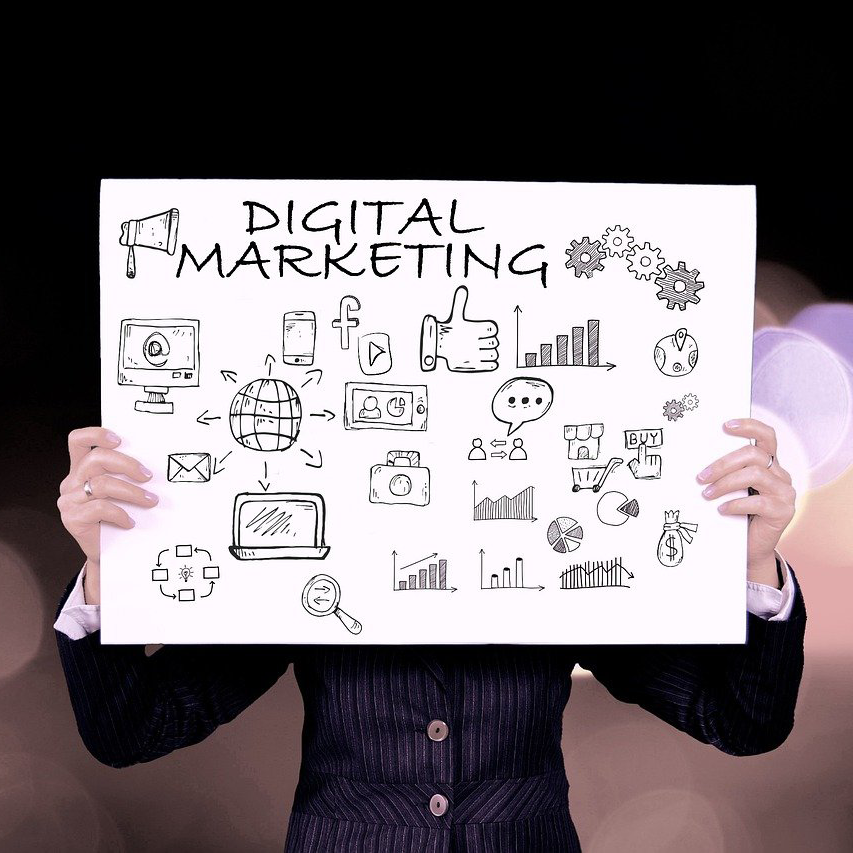In today’s competitive landscape, local businesses are always looking for ways to get ahead of their competitors. While some businesses still rely on traditional advertising, such as direct mail, billboards, and radio spots, content marketing has proven to be a more cost-effective and impactful strategy. Content marketing doesn’t just outperform traditional advertising; it impacts how local businesses engage with their audiences.
Cost-Effectiveness and ROI
Content marketing has proven to have a better return on investment (ROI) than traditional advertising. According to the Content Marketing Institute, content marketing generates three times as many leads as outbound marketing and costs 62% less. For businesses with limited advertising budgets, content marketing provides a way to reach their target audience without the high costs associated with traditional media. Instead of spending thousands on billboards or radio ads, businesses can create content that consistently draws in organic traffic.
Building Trust and Authority
Consumers are more skeptical of traditional ads. Content marketing allows businesses to position themselves as experts by providing information through blogs, how-to guides, videos, and social media posts. According to a study by Edelman, 81% of consumers say they need to trust a brand before they make a purchase. Content marketing provides this trust by delivering consistent, helpful information that meets customer needs instead of pushing a direct sales message.
Improved Audience Targeting and Engagement
Traditional advertising tends to cast a wide net by marketing the business to the masses, hoping to catch the attention of someone needing their services. In contrast, content marketing allows for precise audience targeting through SEO and analytics. Businesses can engage potential customers more effectively by tailoring content to local consumers’ specific needs. HubSpot reports that companies using content marketing see 6x higher conversion rates than those that don’t. Additionally, well-optimized content increases a company’s visibility on search engines, driving organic traffic to their website.
Longer-Lasting Results
One of the advantages of content marketing is its longevity. While traditional ads stop once the campaign ends, well-crafted content continues to attract leads. A single blog post, for example, can drive traffic for months or even years after it’s published. According to Demand Metric, content marketing produces 4x more leads per dollar spent than traditional advertising. This is largely due to the content remaining on platforms such as websites, social media, and search engines, where it can be accessed indefinitely.
Personalization and Customer Relationships
Content marketing allows the business to build deeper, more personal relationships with customers. Traditional advertising lacks the personalization that today’s consumers crave. According to Salesforce, 76% of consumers expect companies to understand their needs and expectations. With content marketing, businesses can create tailored content that speaks directly to their audience’s pain points and interests. This level of engagement fosters stronger customer relationships and builds long-term loyalty, something traditional ads struggle to achieve.
Conclusion
Content marketing is not just a trend; it’s a necessity for businesses looking to create meaningful and lasting connections with their audience. While traditional advertising still has its place, content marketing outperforms it by offering a better ROI, fostering trust, targeting audiences more effectively, delivering long-term value, and building personalized customer relationships. As local businesses strive to build their presence and connect with their community, a strong content marketing strategy is the key to long-term success.
• Content Marketing Institute. (2019). B2B Content Marketing Benchmarks, Budgets, and Trends. Available at: https://contentmarketinginstitute.com
• Edelman. (2019). 2019 Edelman Trust Barometer Special Report: In Brands We Trust? Available at: https://www.edelman.com
• HubSpot. (2020). Not Another State of Marketing Report. Available at: https://research.hubspot.com
• Demand Metric. (2014). Content Marketing Infographic: Benchmarks, Budgets, and Trends. Available at: https://www.demandmetric.com
• Salesforce. (2020). State of the Connected Customer, 4th Edition. Available at: https://www.salesforce.com

